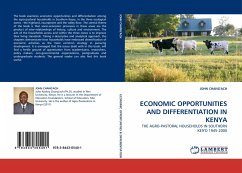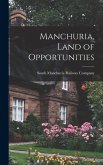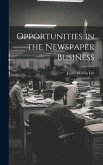The decade following the end of World War One was a crucial time in Kurdish endeavors for independence, and a formative period for Iraqi Kurdish nationalism. The years 1918-1932 comprise an era during which the historically tribal Kurdish society had to interact with and adapt to modern forces: new states and regional actors, a colonial superpower, and the League of Nations. The Kurds desire to preserve and develop their ethnic and national identity could only be achieved in the modern Middle East through the creation of a national state, or autonomy for the Kurdish areas, with Kurdish as the official language and Kurdish officials in administrative positions. However, the Kurdish national movement was impeded by other states that perceived it as a threat to their state identity and integrity. Along with these external factors, internal factors such as tribal divisions negatively impacted the Kurdish ability to act in a unified and productive manner. The events that took place, and the evolution of Kurdish leadership from tribal in nature to more sophisticated in the face of Iraqi nation building were defining factors for the subsequent Kurdish nationalist movement.
Bitte wählen Sie Ihr Anliegen aus.
Rechnungen
Retourenschein anfordern
Bestellstatus
Storno








